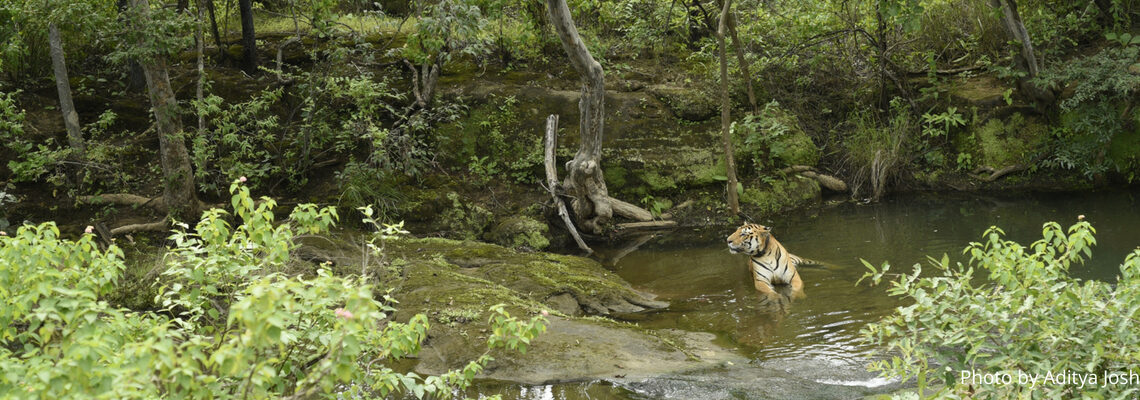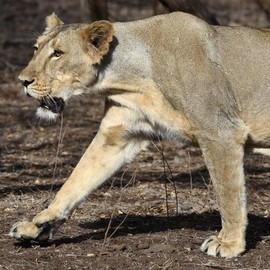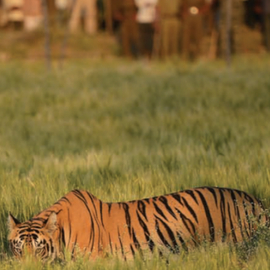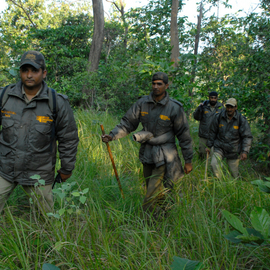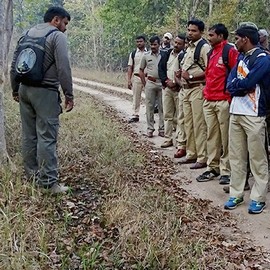We team up with state forest departments to assess gaps in their protection mechanisms. To address these issues we donate essential equipment, organise training sessions for frontline forest staff, and provide technical support.

Reinforcing Protection
WCT works to improve living conditions in Anti-poaching Camps (APC) so that staff are safe and comfortable.
……………………………………………………………………………………………………………………………………………………………….
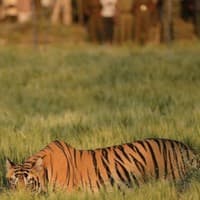
Human Wildlife Interface Management
WCT assists the forest department developing a human-tiger interface prediction module. This module uses spatial and temporal characteristics of previous interactions and helps the forest department in predicting potentially sensitive situations in the future.
……………………………………………………………………………………………………………………………………………………………….
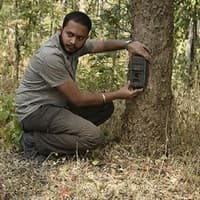 Wildlife Population Estimation
Wildlife Population Estimation
WCT’s research and monitoring team routinely conducts wildlife estimations in and around Protected Areas. We train forest department staff in monitoring techniques so that they can conduct such assessments independently.
……………………………………………………………………………………………………………………………………………………………….
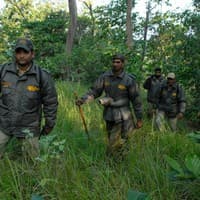
Law Enforcement
Our intensive three-day workshop on wildlife crime is helping law enforcement authorities in India’s critical reserves.
……………………………………………………………………………………………………………………………………………………………….
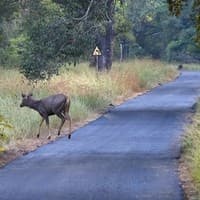 Connectivity Conservation
Connectivity Conservation
WCT’s field interventions are rooted in hard science. Our research helps us recommend policy change at both national and state levels.
……………………………………………………………………………………………………………………………………………………………….
 Canine-Assisted Wildlife Investigation Programme
Canine-Assisted Wildlife Investigation Programme
WCT’s Canine-Assisted Wildlife Investigation Programme (CAWIP) comprises four working dogs specially trained to carry out varied tasks related to detection of target species or indirect evidences left behind by wildlife or wildlife poachers/hunters.
……………………………………………………………………………………………………………………………………………………………….
 Catalysing Conservation
Catalysing Conservation
We support and partner with grassroots NGOs to tackle region-specific conservation issues in a timely manner.
……………………………………………………………………………………………………………………………………………………………….
 Conservation Behavior
Conservation Behavior
Frameworks of economics, psychology, sociology and anthropology with strong ecological foundations are used to gather insights into ground realities, which are then used to evolve evidence-based policy inputs, design conservation interventions, and assess efficiencies of conservation interventions.
……………………………………………………………………………………………………………………………………………………………….

One Health
WCT supports conduction of preventive health check-up camps offering free medical care for forest staff placed at tiger reserves.
……………………………………………………………………………………………………………………………………………………………….

